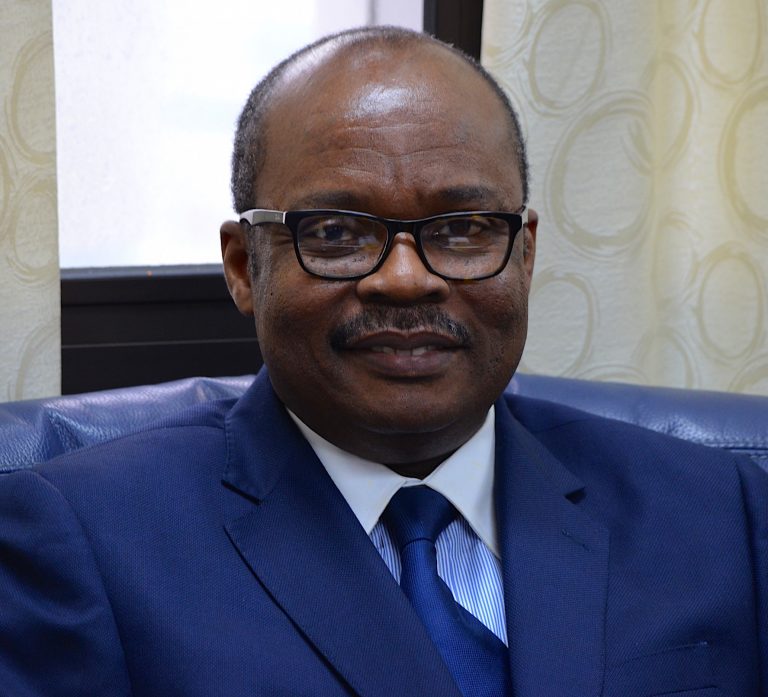Despite the fact that three banks have been declared insolvent within the last eight months, with two of them totally collapsing, the Bank of Ghana (BoG) has insisted that the banking sector is in a healthy state.
Commenting on the BoG’s takeover of uniBank, the 2nd Deputy Governor of the Bank of Ghana, Elsie Awadzi said the public need not fear for the collapse of more banks.
“The public should remain calm. There are no problems anywhere else other than what we know about already,” she stated on the Citi Breakfast Show.
“I’d like to reiterate the fact that banking sector is strong, sound and safe. The public need not worry or panic. Everything is fine. We encourage everyone to be calm and continue normal banking operations withal the banks. The banks are fine.”
uniBank’s insolvency follows the total collapse of UT Bank and Capital Bank in August 2017.
The latter two were unable to turn around their negative capital adequacy position, which necessitated a Purchase and Assumption agreement allowing GCB Bank to take over all their deposit liabilities and selected assets.
uniBank’s problems
uniBank was one of nine banks identified after the asset quality review exercise undertaken in 2016, to be significantly undercapitalized with a CAR of 4.75%.
The Central Bank indicated that uniBank’s problems were part of the legacy issues in the financial sector attributed to weak economic growth and poor corporate governance and risk management practices.
Elsie Awadzi noted that though uniBank was “severely undercapitalised” it had submitted a satisfactory roadmap to get back on track, hence the BoG’s indulgence.
But when it became clear the bank’s situation was getting worse, the BoG had to step in to save it from an outright collapse.
Aside from all this, uniBank had failed to comply with a directive from the BoG to stop granting new loans whilst also and deliberately concealing some liabilities from its balance sheet.
Despite these failings, Elsie Awadzi said the other banks cited in the review exercise are doing fine and were under strict monitoring to prevent similar occurrences.
“The other banks were fine. They all submitted their capital plans, their liquidity plans and they are all being implemented and we have no concerns with any of those. So everything is fine. We then began to put them under stronger surveillance to ensure that they were doing the right things as they had committed to do… we have checked the other banks under strong monitoring and we have no cause to believe that any other numbers were not right.”
The takeover
The BoG appointed audit firm KPMG Ghana as the administrator of uniBank when it announced it had taken over management.
The BoG in a statement said KPMG as Official Administrator will play the key role of assuming control of the bank and all its branches and “carry out the responsibilities of the shareholders, directors, and key management personnel of UniBank.”

Dr. Ernest Addison, BoG Governor
It stated that during the period of official administration of uniBank, “the bank will remain open for business under the management and control of KPMG overseen by the Bank of Ghana, and is not being closed and liquidated.”
uniBank was found to have persistently maintained a negative capital adequacy ratio below zero making it technically insolvent.
This contravened the 10% minimum capital adequacy ratio required.
uniBank also suffered liquidity shortfalls and consistently breached its cash reserve requirement.
As a result, uniBank relied extensively on liquidity support of over GHS 2.2 billion from the Bank of Ghana over the past two years to meet its recurring liabilities.
Source: Citifmonline


Comments are closed.